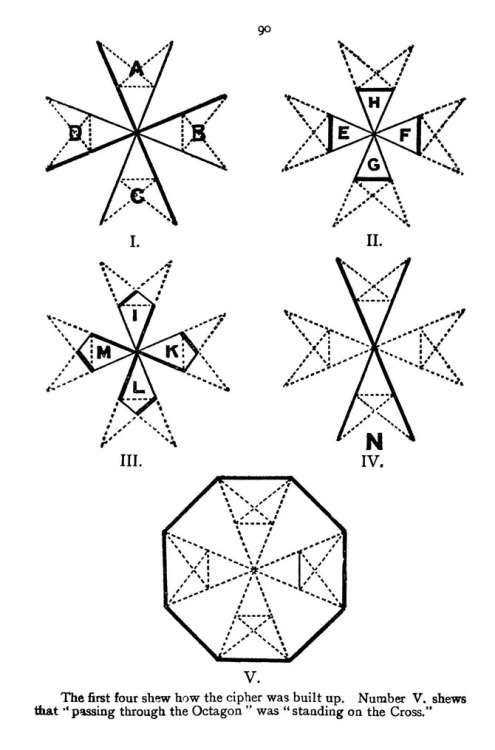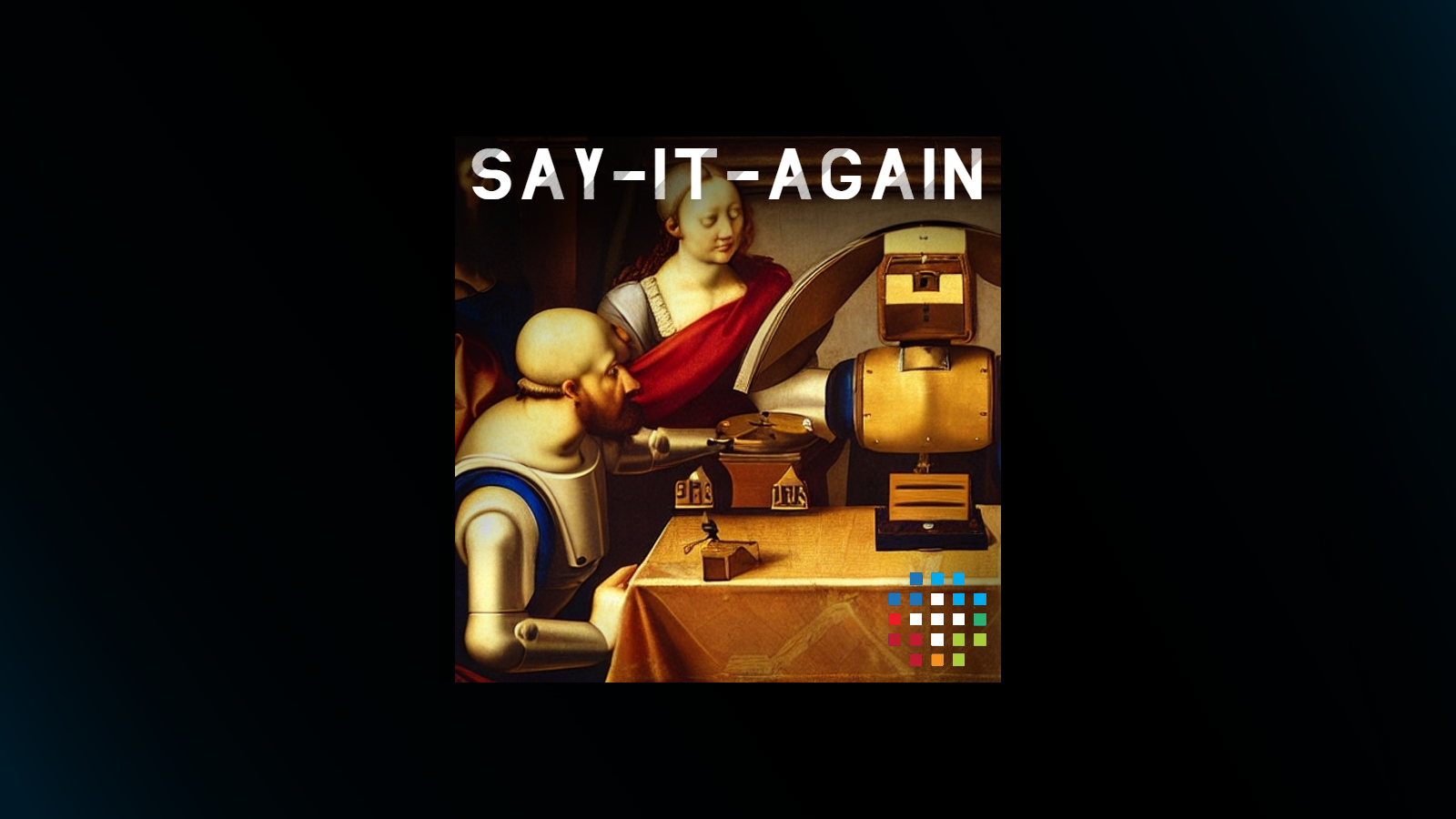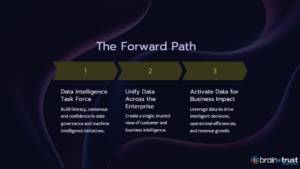In this episode of Brain+Trust’s Say-It-Again podcast, Jo examines the history of the Knights Templar, a secret order of Crusading religious knights who invented such modern concepts as credit, paper currency, and the use of cryptography to resolve their customers’ identity all the way back in 1099 … and what, exactly, that has to do with Bitcoin, tainted lettuce, the kiss of the Pacific breeze, and helping marketers connect a brand’s stories with its customers’ passions. Brain+Trust CEO and technological explorer Tim Hayden co-hosts this one ahead of the Masters’.
You can listen to this one on Spotify, Apple Podcasts, Amazon Music, Radio Public, and more — or, simply click on the Spotify player, below, and let us know what you think of today’s episode in the comments.
SHOW NOTES
- We drew our history of the Templar Knights from several sources, including this article from BBC News titled, “The Warrior Monks Who Invented Banking,” another titled, “The Money-Lenders in the Temple: The Banking Activities of the Knights Templar,” and “The Knights Templar” episode of Noiser’s Short History Of … Podcast, featuring comments from Thierry Do Espirito, author of The Knights Templar for Dummies.
- If you’re curious about what the Templars’ coded messages looked like, we do know something about their cipher. They would encode written words and names using a cipher that looked something like this:

- At one point, Jo says, “I don’t trust anybody, but I might trust everybody.” This is an oversimplification of the notion of Bitcoin and other blockchain-based technologies being “trustless systems,” which don’t require faith in a higher authority — such as a bank, a king, or (in the case of the Templars) God — in order for the participants to trust the validity of the system. There are enough independent verifiers involved with incentives for honest behavior “baked in” that any deviation from accurate accounting would be quickly spotted. In medieval times, the coded messages would include deposits, withdrawals, and balances, as well as identifying information — all things you’ll find in a modern digital “block.” You can learn more about trustless systems here.
- Tim mentions that Bitcoin is anonymous. That’s mostly true, in the sense that there is no personally identifying information stored on the blockchain. That said, every transaction on the blockchain is transparent and accessible, as well as immutable. That means that, once your account is tied to you, every Bitcoin transaction you’ve ever made is, effectively, a matter of public record. What’s more, that record can’t ever be altered or erased without the consent and agreement of thousands of individual verifiers all agreeing to the changes in real time. You can read more about that in this great CNET article. And remember: if you want to stay anonymous and do shady stuff, pay in cash.
- We talk a lot about the E. Coli lettuce scare from a few years ago that led to stores like Walmart adopting blockchain technology to track every head of lettuce — among other things — in a bid to keep the public safe. You can read more about that here.
- We mention companies like Volvo using blockchain to establish the provenance of their EV batteries, and also talk about vineyards, coffee plantations, and other agricultural companies leveraging blockchain to help their brands tell better, more compelling stories.
ORIGINAL CONTENT FROM BRAIN+TRUST.







